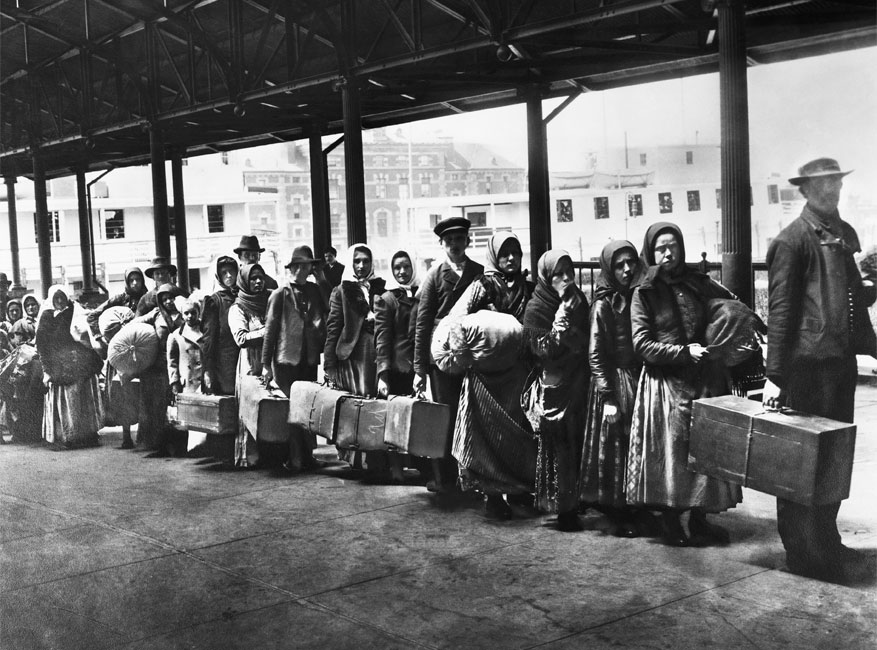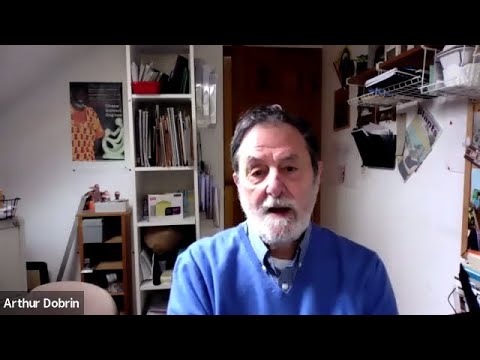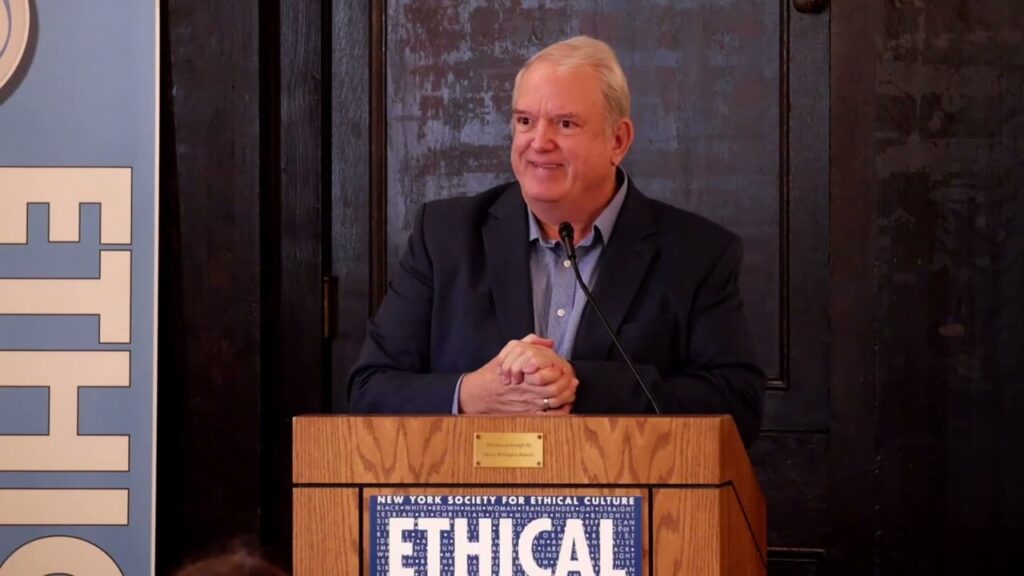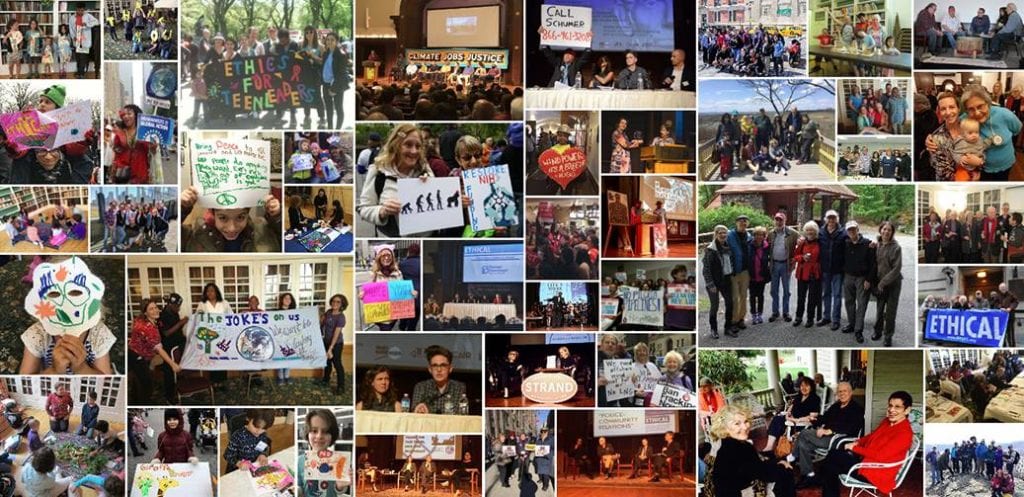
When I was a child, we sang a song about Christopher Columbus and his crew, who in 1492 sailed the ocean blue to open up a new trade route to India and instead “discovered” America, naming its inhabitants Indians. We celebrated with a long holiday weekend the arrival of the first immigrants. We didn’t sing about the people who were already here, who cherished the land of their ancestors, and whose lives were forever changed by the greed and aggression of European immigrants.
Years later I learned that the Haudenosaunee, whom the French called Iroquois, dwelled in the land where I grew up and formed a mighty – and peaceful – confederacy of six nations centuries before Columbus landed. Their constitution is often described as the oldest participatory democracy in the world, blending law and values; society and nature are equal partners and each plays an important role. Although the U.S. Constitution used the confederacy as a model, it included neither nature nor man’s other equal partner – woman. The Declaration of Independence referred to them as “the merciless Indian Savages.”
Songwriter Nancy Schimmel updated the song we sang as children in these verses excerpted from “1492”:
In fourteen hundred ninety-two
Columbus sailed the ocean blue,
It was a courageous thing to do
But someone was already here. . .
It isn’t like it was empty space,
Caribs met him face to face. . .
Columbus was lost, the Caribs were not;
We are all immigrants or descended from immigrants. Since humanity originated in Africa, even indigenous people migrated here, and people continue to arrive for myriad reasons. If we are to continue calling this “our” land, then we must acknowledge that reality and commit ourselves to welcoming those who wish to make our home their home, too. Embrace people from other lands who want to throw their lot in with ours to make our shared home a better place.
One way members of the NY Society can make a difference is to support the New York State Immigration Coalition (http://www.thenyic.org/), whose mission is to achieve “a fairer and more just society that values the contributions of immigrants and extends opportunity to all.”








